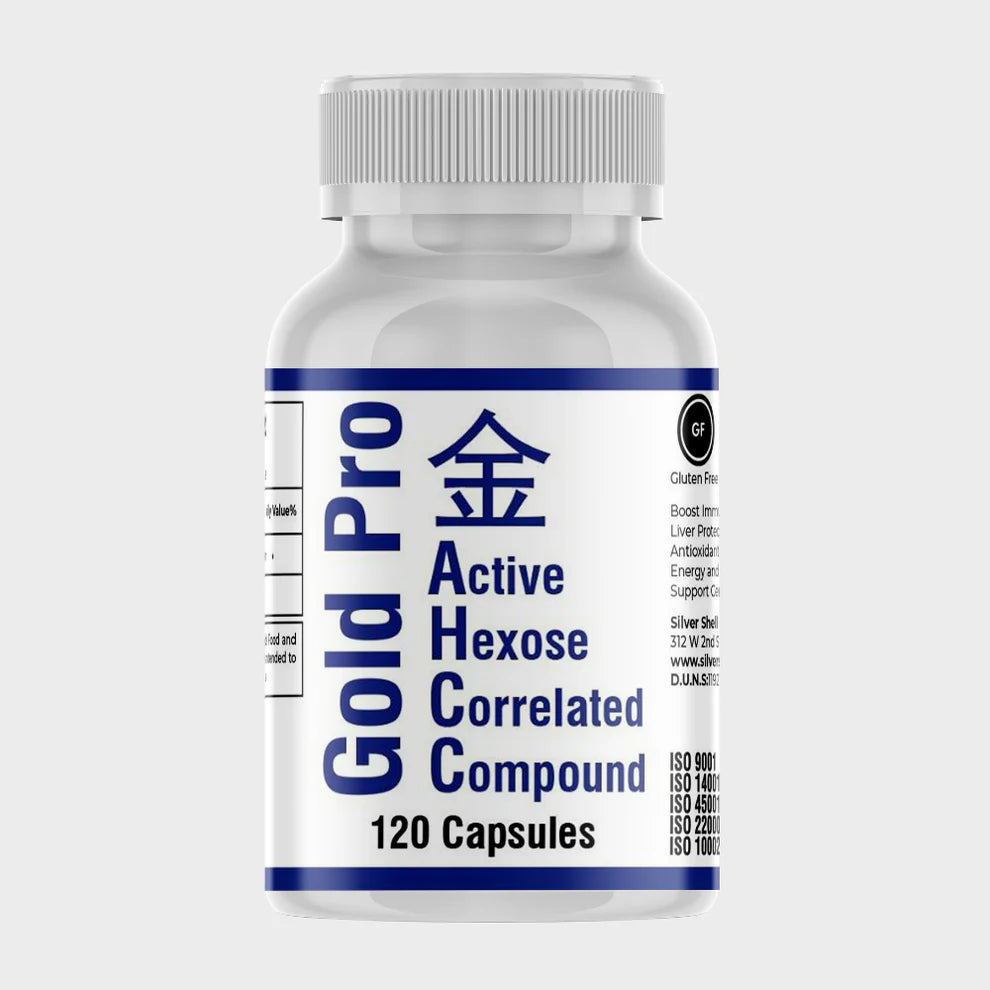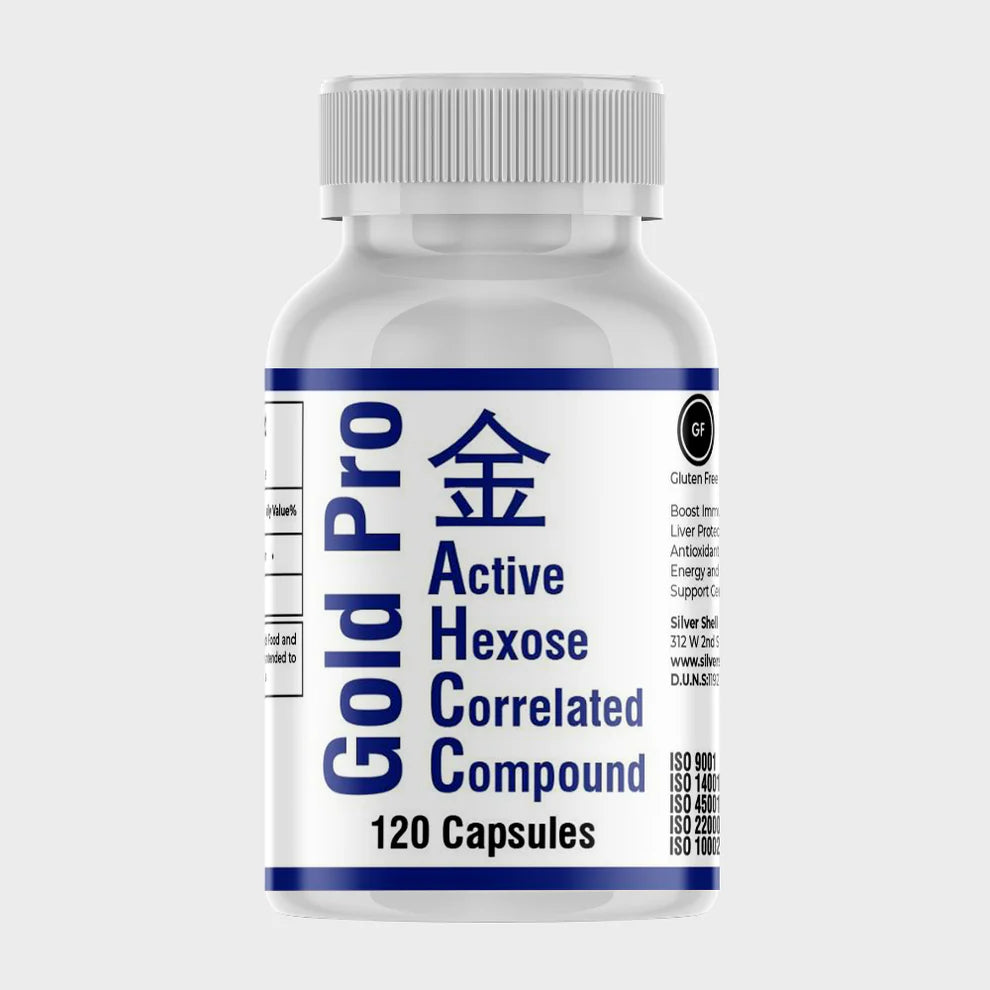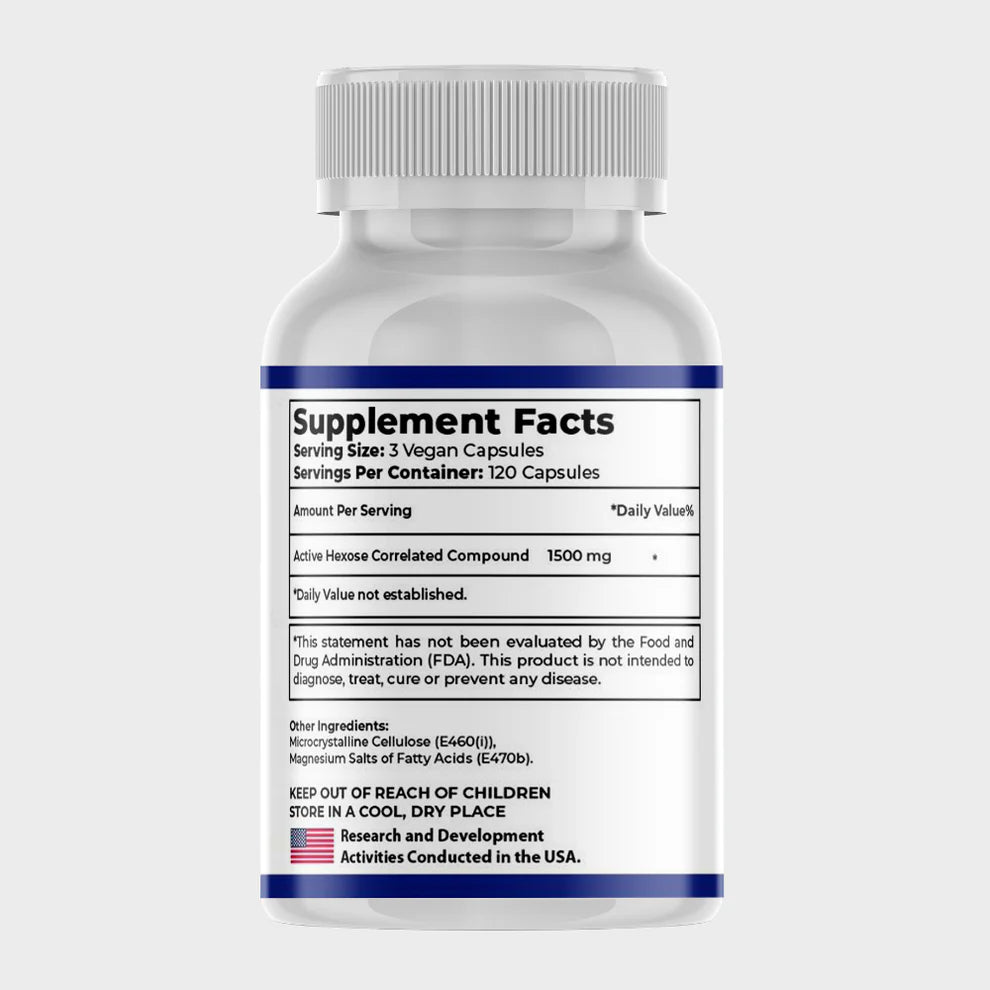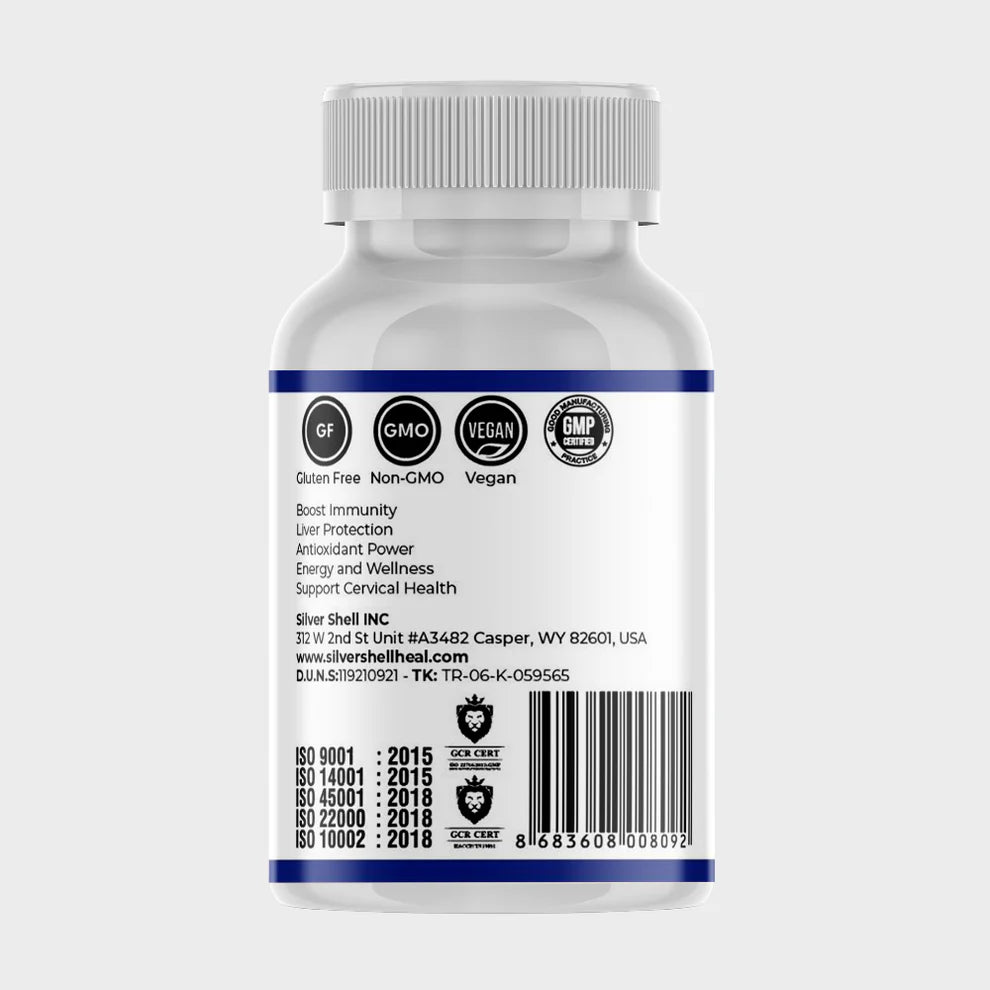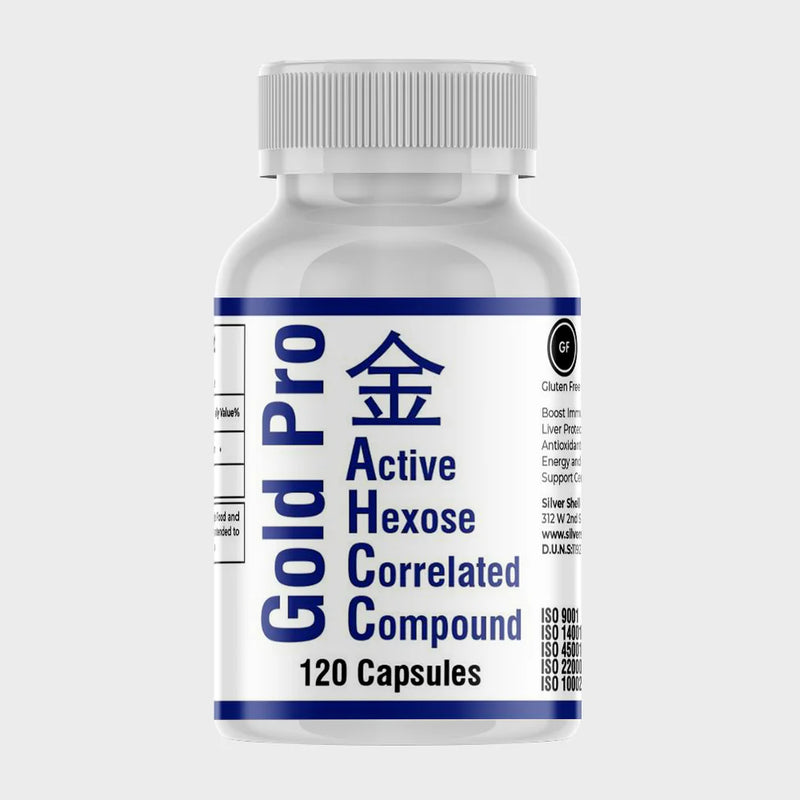1. What is HPV and how does it relate to oral cancer?
Human papillomavirus (HPV) is a common sexually transmitted infection. It can cause various types of cancers, including oral cancer. HPV-related oral cancer is primarily caused by the high-risk strains of the virus, particularly HPV-16 and HPV-18. These strains can be transmitted through oral sex or other forms of close contact with an infected person. It is important to note that not everyone who has HPV will develop oral cancer, but the presence of the virus increases the risk.
Research suggests that HPV-related oral cancer is on the rise, especially among younger individuals. It is crucial to raise awareness about the link between HPV and oral cancer and promote preventive measures such as vaccination and regular dental check-ups.
2. What are the symptoms of HPV-related oral cancer?
The symptoms of HPV-related oral cancer may vary, but common signs to watch out for include:
- Persistent sore throat
- Pain or difficulty while swallowing
- A lump or thickening in the mouth or throat
- Earaches
- Hoarseness or changes in voice
- Unexplained weight loss
If you experience any of these symptoms for an extended period, it is essential to consult a healthcare professional for a proper diagnosis and appropriate treatment.
3. Can HPV-related oral cancer be prevented?
While it may not be possible to completely prevent HPV-related oral cancer, there are steps you can take to reduce the risk:
- Get vaccinated: The HPV vaccine is highly effective in preventing infection with the high-risk strains of the virus. It is recommended for both males and females, ideally before becoming sexually active.
- Practice safe sex: Using condoms and dental dams during oral sex can reduce the risk of HPV transmission.
- Maintain good oral hygiene: Regular brushing, flossing, and dental check-ups can help detect any oral abnormalities early on.
- Avoid tobacco and excessive alcohol consumption: These habits can increase the risk of developing oral cancer.
It is important to remember that these preventive measures can significantly lower the risk but may not eliminate it entirely. Regular screenings and early detection are crucial for timely treatment.
4. How is HPV-related oral cancer diagnosed?
Diagnosing HPV-related oral cancer typically involves a combination of medical history review, physical examination, and diagnostic tests. During the examination, the healthcare professional may look for any visible signs of cancer or abnormalities in the mouth, throat, and neck.
If oral cancer is suspected, the following tests may be conducted:
- Biopsy: A small tissue sample is taken from the affected area and examined under a microscope to determine if cancer cells are present.
- Imaging tests: X-rays, CT scans, or MRI scans may be performed to assess the extent of the cancer and determine if it has spread to other areas.
- Endoscopy: A thin, flexible tube with a camera is inserted into the mouth or throat to visualize the affected areas more closely.
Once a diagnosis is confirmed, further staging tests may be conducted to determine the stage and spread of the cancer, which helps in planning the appropriate treatment.
5. What are the treatment options for HPV-related oral cancer?
The treatment for HPV-related oral cancer depends on various factors, including the stage of cancer, overall health, and personal preferences. Common treatment options include:
- Surgery: Surgical removal of the tumor and nearby lymph nodes may be performed. In some cases, reconstructive surgery may be necessary.
- Radiation therapy: High-energy beams are used to kill cancer cells and shrink tumors.
- Chemotherapy: Anti-cancer drugs are administered to destroy cancer cells.
- Targeted therapy: Medications are used to specifically target cancer cells while minimizing damage to healthy cells.
Often, a combination of these treatment modalities is used to achieve the best possible outcome. The treatment plan is personalized for each individual based on their specific needs and circumstances.
6. Can HPV-related oral cancer be cured?
The prognosis for HPV-related oral cancer varies depending on several factors, including the stage of cancer at diagnosis, overall health, and response to treatment. Early detection and timely treatment significantly improve the chances of a favorable outcome.
While some cases of HPV-related oral cancer can be cured, others may require ongoing management and surveillance. Regular follow-up appointments and screenings are essential to monitor for any recurrence or new developments.
7. Is there a link between HPV-related oral cancer and sexual behavior?
Yes, there is a link between HPV-related oral cancer and sexual behavior. Engaging in oral sex with an infected partner increases the risk of contracting HPV, which can lead to oral cancer. It is important to practice safe sex and maintain open communication with sexual partners about sexual health.
It is worth noting that HPV can also be transmitted through other forms of close contact, such as deep kissing or sharing sex toys. Taking preventive measures, such as vaccination and regular screenings, is crucial for reducing the risk of HPV-related oral cancer.
8. Can HPV-related oral cancer affect both men and women?
Yes, HPV-related oral cancer can affect both men and women. While the prevalence is slightly higher in men, it is important to recognize that anyone can develop oral cancer as a result of HPV infection.
HPV vaccination is recommended for both males and females to protect against the high-risk strains of the virus and reduce the risk of developing oral cancer. Regular dental check-ups and screenings are also essential for early detection and timely treatment.
9. Are there any long-term side effects of HPV-related oral cancer treatment?
The long-term side effects of HPV-related oral cancer treatment can vary depending on the specific treatment modalities used and individual factors. Some potential long-term side effects may include:
- Dry mouth
- Difficulty swallowing or eating
- Changes in taste
- Speech difficulties
- Dental problems
- Emotional and psychological effects
It is important for individuals undergoing treatment to discuss potential side effects with their healthcare team and seek appropriate support and management strategies. Rehabilitation programs and support groups can provide valuable assistance in coping with long-term effects.
10. Can HPV-related oral cancer recur after treatment?
Yes, HPV-related oral cancer can recur after treatment. Regular follow-up appointments and screenings are crucial to monitor for any signs of recurrence or new developments. The risk of recurrence can vary depending on several factors, including the stage of cancer, response to treatment, and overall health.
If a recurrence is detected, further treatment options will be considered based on the individual's specific circumstances. Early detection and prompt treatment of any recurrence improve the chances of successful management.



